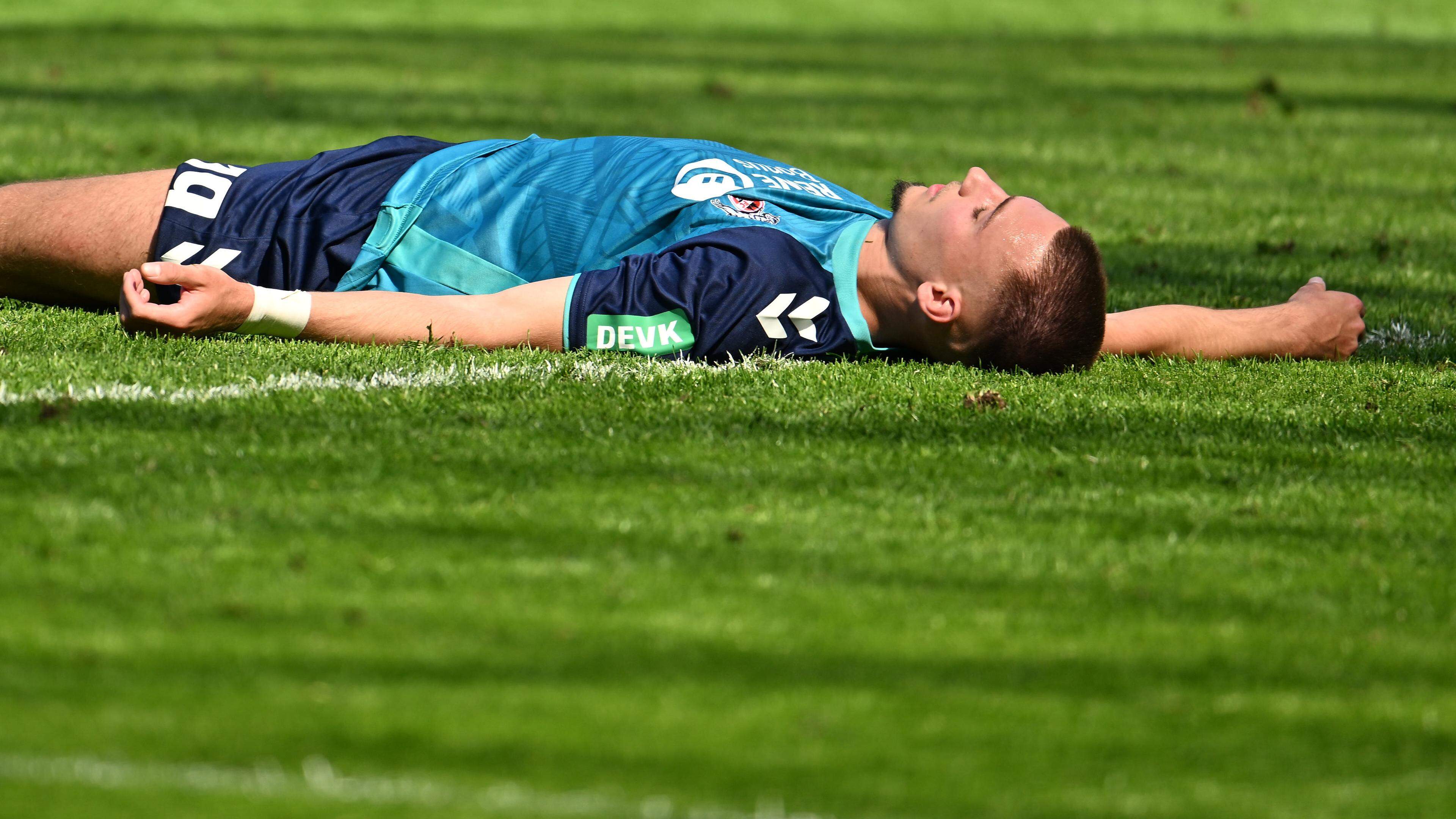Why Russia gives 100,000 rubles to pregnant schoolgirls

In a number of regions of Russia, one -off payments for pregnant minors have been introduced. At the same time, the state is promoting the « traditional family », although it is by no means the most common in Russia.
« When I gave birth, the real horror began »
« Alexandra* became pregnant at the age of 13. For the SG, she says that the idea of the state giving one-off aid is very bad: » These sums can motivate girls to give birth, but they have no idea what expenses they expect later: you now take 100 thousand rubles, but then you spend millions of rubles, children and other necessary things like bed Therefore, she advises young girls not to be laid down for this money.
Alexandra is from Norilsk. At school, she had an affair with a boy of her age: « When I found out I was pregnant, my friend and I had broken up. We both did this nonsense, but he continued his previous life – he went out with friends, went to school, and only I took responsibility. » Alexandra was asked to leave high school, and other secondary schools refused to accept it. So she ended up at an educational center where she was harassed.
« While I was pregnant, the boys just made fun of me. When I gave birth, the real horror began: the boys had decided that they could do anything with me already: to make dirty jokes, to pinch me, to dragg me to the toilet – it was very insulting, » she recalls.
According to Alexandra, being a young mother is « terribly difficult ». She only did the support of her parents, which was also rare in such cases: « At first my mother was looking at my baby in the morning, then I was coming home and took my daughter, and my mother went to work. Then my father went for night shifts to watch the baby in the morning, » Alexandra says. « The one -off help would probably not be superfluous to me, but it would end instantly, » adds the young Russian.
State deal with teenagers
Psychologist Maria Potudina calls payments for pregnant students « a very dishonest transaction », which is aimed at vulnerable groups and is only beneficial to the state. « Teens cannot judge the risks of early motherhood, » she told the SG. « At the same time, they are offered a large sum of money. And while a 30-year-old man understands that with this money he cannot raise a child, a teenager can be tempted by the amount, given that at this age the girls have no financial experience and are still emotionally immature. »
According to the psychologist, girls from low -income families or problematic families are most vulnerable: « In this case, the risk of domestic violence is increasing – the decision can be taken under the threat or pressure from the parents. Adults with addiction can only be interested in money, and the girl may not have much opportunity to make an informed decision. »
Political scientist Dilya Gafurova tells the State Gazette that pregnant students are already undergoing great pressure, especially in a society that is constantly talking about some traditional values: « Young pregnant women already feel in a very disadvantage when they have to make a difficult decision. Rules are not so much money.
The woman as a « instrument » of a warring country
Gafurova sees in these payments an instrument through which the state puts pressure on students not to have an abortion. « Of course, this measure can also be perceived as encouraging. But instead of introducing sexual education in schools or improving the awareness of young people on sexual matters, we potentially ruin the lives of young women, » the political scientist said.
According to Gafurova, the so -called. « Traditional values and » traditional families « are not actually traditional for Russia, where one of the most common family models is for single mothers with children. But this course has become more intense since the start of the invasion of Ukraine. On the one hand, Russia is suffering severe human losses and it is necessary to improve the demographic situation. On the other hand, propaganda replaces the concepts and tries to oppose European values, « says the political scientist.
There is no unambiguous support for payments
The State Duma is also arguing about payments. Olga Pilipenko of the Committee on Science and Higher Education believes that pregnant students should be entitled to financial support from the state, « but it is important that the measure does not become an incentive for minors to give birth because of these 100,000 rubles. » On the other hand, the measure is correct because it may convince the natives not to interrupt their pregnancy, Pilipipenko says.
However, her colleague MP Nina Ostanina is of a different opinion – she is convinced that birth and raising a child is an unbearable burden for minor girls, so they should not be encouraged to give birth while in school. The remaining head of the Parliamentary Committee for the Protection of Family and Childhood has sent an appeal to the Ministry of Labor asking to stop the introduction of such payments so as not to encourage the early birth of minors children. However, the ministry claims that the money is paid to the students not to motivate them to give birth, but to support them in a difficult situation for them.
The Russians’ opinions on the matter are almost equally divided, according to a study by the State Center for the Study of Public Opinion (VCIOM): 43% of the respondents find the idea of a good one, 40% are in the opposite opinion and 13% have no opinion. The proportion of men who approve of the measure is higher than those of women. A total of 74% of Russians believe it is unacceptable for children under the age of 18 to become mothers.
« There is no benefit to early pregnancy »
Now Alexandra is 28 years old, married and has moved to live in the suburbs of Moscow. He works as a social media manager. After her first child, in the meantime, she was 13 years old, she also gave birth to a son, who is now 9. « I think by the age of 20 the girls should not become mothers. I tell my daughter that early pregnancy is not useful, I bring in my subject. She also says that he « holds a lot of marriage and family » and even thinks of a third child.
* At her request, the editorial board does not name Alexandra’s surname.





:format(webp)/s3/static.nrc.nl/images/gn4/stripped/data106629706-126fa7.jpg)

